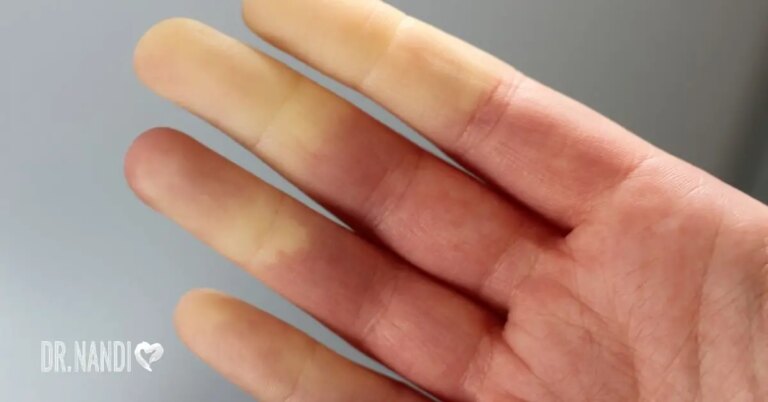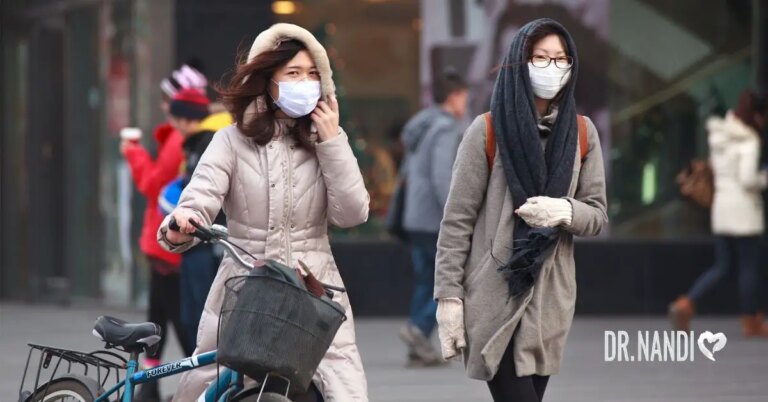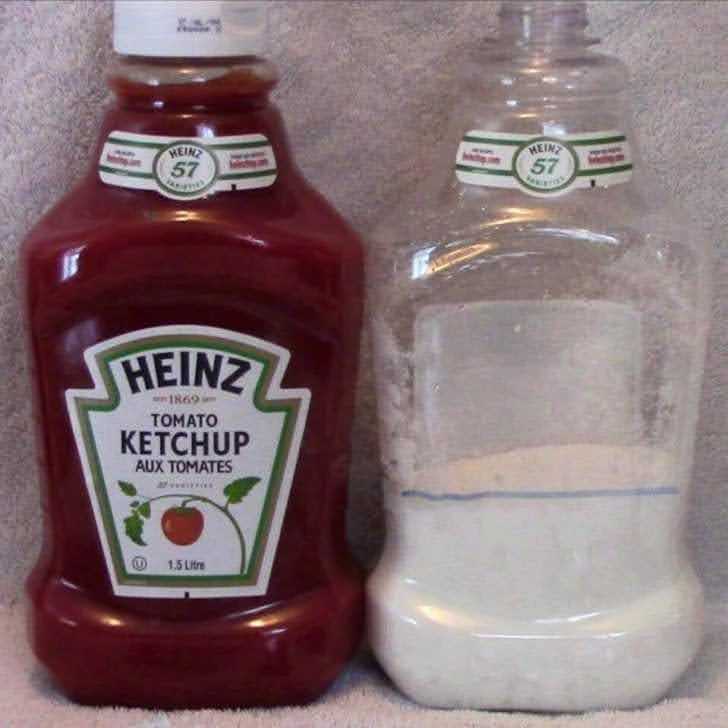In these uncertain times, many people are getting confused with all the facts and figures being thrown around. It can get overwhelming and at times, it can increase your anxiety. What do you know about washing your clothes during the pandemic?
Researchers are suggesting washing your clothes more often than normal especially if you are still reporting to work or have been in crowded areas. Some experts suggest putting your dirty clothes directly into the laundry container or washer to be sure of no cross-contamination. Studies suggest washing your outer coats often as well due to the possibility of them having droplets on them. If you have someone sick in your living area, researchers suggest doing their wash in a separate load. But they suggest this rule for any household with any type of virus.
The coronavirus can survive on surfaces from a variety of materials including clothing for hours to a few days according to the Centers for Disease Control and Prevention (CDC). The coronavirus is usually transmitted through respiratory droplets instead of through objects and materials that transfer disease when contaminated but articles of clothing can hold respiratory droplets, as we use them every single day. The good news is the droplets can dry out over time which will cause the virus to be inactive but scientists are not sure of the timeline and are doing more research.
Breathable Fabric
Researchers believe that polyester and spandex may harbor the coronavirus longer than a fabric that breathes. Some research has shown that fibers in porous material can catch the virus and dry them out which breaks them apart. Vinyl and leather are not porous but it can be wiped clean easily. Of course, as the pandemic keeps evolving, more and more information will be released especially in regards to how long the virus can last on surfaces in high traffic areas.
If you must visit a laundromat, always make sure you are following the guidelines of social distancing. Stay 6 feet away from other clients. Wash your hands, don’t touch your face, wear gloves if possible and disinfect all the surfaces on the machines you are using. Researchers are suggesting only using the hot water setting and dry your clothes a bit longer in the dryer. The CDC suggests that extra heat and time in the dryer helps the droplets dry out which would likely inactivate the virus. More research is being done on this theory. When washing the clothes, try to use a detergent that contains a bleach compound.
If you are worried about going to a laundromat, do not worry about not being able to clean your clothes properly. You CAN do your clothes by hand but there are some guidelines to follow such as making sure the water is about 80 F.




















